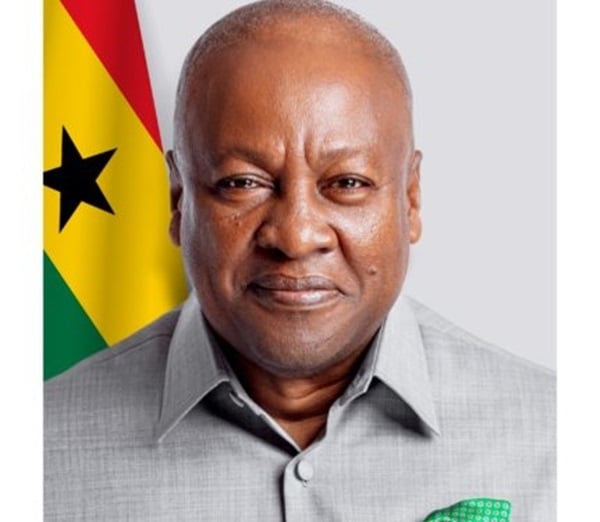Ghana’s Minister for Finance, Dr. Cassiel Ato Forson, presented the 2025 Budget Statement to Parliament, outlining the Mahama administration’s comprehensive plan for economic revitalization and national development. The budget centers around a core theme of reform and transformation, aiming to address existing economic challenges while laying a foundation for sustainable and inclusive growth. Dr. Forson emphasized President Mahama’s commitment to this transformative agenda, highlighting key policy priorities such as job creation, infrastructural development, and enhanced social services. The government’s strategic approach seeks to restore economic confidence through targeted investments, structural reforms, and policies designed to boost productivity and efficiency across various sectors.
The Minister underscored the importance of structural reforms as a cornerstone of the government’s economic strategy. These reforms are intended to tackle systemic issues hindering economic progress and ensure long-term stability. Dr. Forson stressed that these changes, while potentially challenging, are necessary to build a more resilient and inclusive economy capable of weathering future shocks and delivering prosperity for all Ghanaians. The budget reflects a commitment to addressing underlying economic weaknesses and creating an environment conducive to sustainable growth. This commitment to structural adjustments signals a recognition that short-term fixes are insufficient to address the nation’s economic needs.
Job creation stands as a central pillar of the Mahama administration’s economic revitalization plan. Recognizing the critical role of employment in driving economic growth and improving living standards, the government has prioritised policies that stimulate job creation across various sectors. This includes investments in sectors with high growth potential, support for small and medium-sized enterprises (SMEs), and initiatives to enhance skills development and training. By focusing on job creation, the government aims to address unemployment challenges and provide opportunities for Ghanaians to participate actively in the economy.
Infrastructural development forms another crucial component of the government’s agenda. Recognizing the importance of robust infrastructure for economic activity, the budget prioritizes investments in key infrastructure projects across various sectors. This includes improvements in transportation networks, energy infrastructure, and communication systems, all of which are essential for facilitating economic activity and improving the lives of ordinary citizens. Enhanced infrastructure is seen as a catalyst for economic growth, enabling businesses to operate more efficiently, attracting foreign investment, and creating new opportunities for job creation.
Improving social services is a key element of the government’s commitment to inclusive growth. The budget emphasizes investments in education, healthcare, and other essential social services. These investments are seen as critical not only for improving the well-being of citizens but also for enhancing human capital, which is a crucial driver of long-term economic growth. By prioritizing social services, the government seeks to create a more equitable society and equip Ghanaians with the skills and resources they need to succeed in the modern economy.
To restore economic confidence, the Mahama administration is implementing policies designed to enhance productivity and efficiency across all sectors. This includes initiatives to streamline regulations, promote competition, and encourage innovation. By creating a more conducive business environment, the government hopes to attract both domestic and foreign investment, stimulate economic activity, and create new jobs. This focus on efficiency and productivity aims to address underlying structural issues that have hampered economic growth in the past. The government’s commitment to these measures underscores a recognition that a vibrant and competitive private sector is essential for driving economic progress. The 24-hour economy policy, highlighted by Dr. Forson, represents a novel approach to stimulating economic activity and maximizing the utilization of existing infrastructure. This policy aims to extend business operating hours, creating new employment opportunities and boosting overall economic output. It signifies a shift towards a more dynamic and flexible economy, better equipped to compete in the global marketplace.
The government’s commitment to transparency and prudent fiscal management further strengthens its economic agenda. By ensuring transparency in government operations and adhering to sound fiscal principles, the administration aims to build trust with both citizens and international partners. This commitment to responsible governance is seen as essential for attracting investment, fostering economic stability, and ensuring that the benefits of economic growth are shared widely. Dr. Forson’s call for collaboration between Parliament, stakeholders, and the government underscores the importance of a unified approach to achieving the desired economic turnaround. By working together, the nation can overcome challenges and ensure that the benefits of economic growth reach all segments of society.


